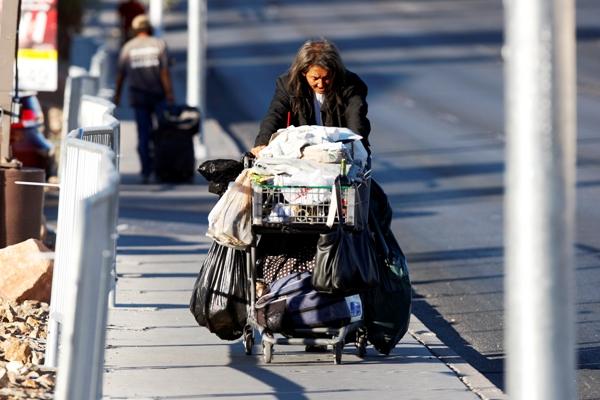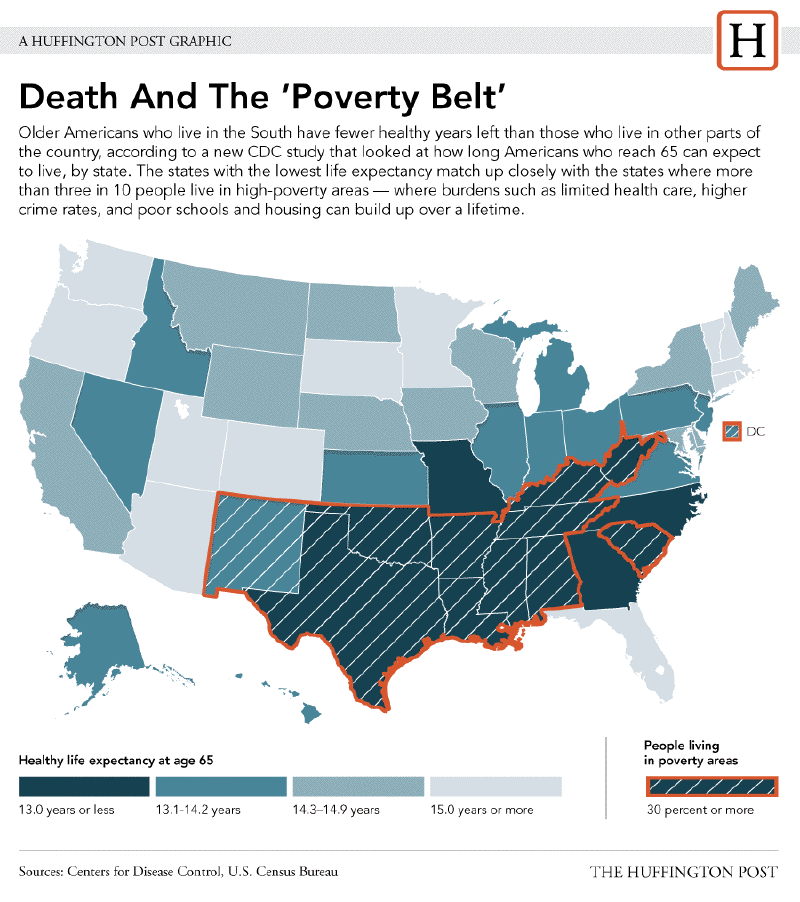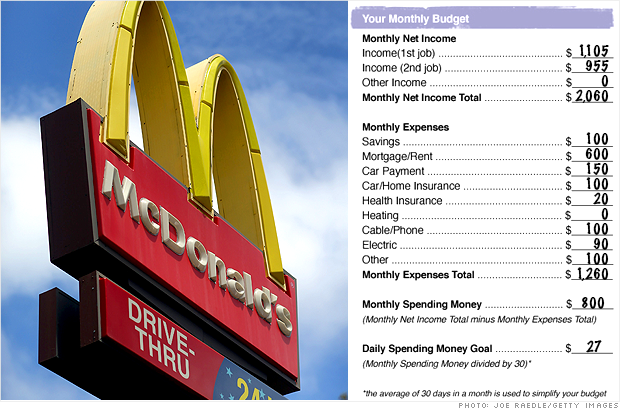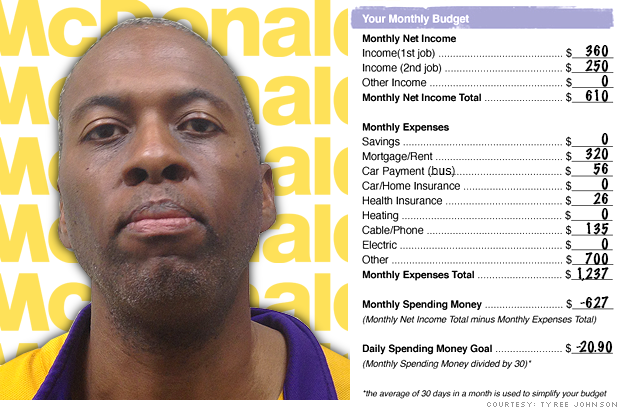The Redder Your State, The Poorer You Are?

The Article: Life Expectancy Shortest In Southern ‘Poverty Belt’ by Katy Hall and Jan Diehm in The Huffington Post.
The Text: Living in a high-poverty area often means a lifetime of struggle with underperforming public schools, limited job opportunities, higher crime rates, and poor nutrition, health care and housing — all of which can add up to a shorter, sicker retirement.
Americans who live in the South can expect to live fewer healthy years past 65 than those who live in other parts of the country, according to a new report from the CDC. Health disparities among seniors in their final years align closely with profound geographical differences in poverty. The region where more than 30 percent of people live in high-poverty areas — dubbed the “poverty belt” by The Atlantic’s Richard Florida, falls right over the states with the lowest healthy life expectancies. As inequality in the U.S. climbs steadily, this public health crisis may only expand.



















